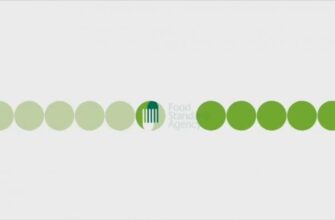A recent investigation indicates that incorporating more potassium into your diet—perhaps through foods like bananas or broccoli—may prove even more effective at managing high blood pressure than simply cutting back on salt.
Published in the American Journal of Physiology-Renal Physiology, this research highlights the importance of maintaining a healthy balance between potassium and sodium for cardiovascular health. Approximately one third of adults globally grapple with hypertension and its associated complications.
Both sodium and potassium are essential electrolytes that facilitate crucial bodily functions, including muscle contraction and fluid regulation.
The study’s findings suggest the ratio of potassium to sodium may be a more impactful factor in controlling blood pressure than focusing solely on reducing sodium consumption. While healthcare professionals commonly advise limiting salt intake, this research suggests a broader dietary approach might yield superior results.
Researchers utilized a sophisticated mathematical model, factoring in biological sex differences, to examine the relationship between potassium-sodium ratios and blood pressure levels. The study showed that men are more susceptible to high blood pressure but also demonstrate a greater potential for improvement when increasing their potassium intake relative to sodium.
This modelling technique offers a promising avenue for rapidly and ethically evaluating how various factors influence physiological processes.
“Typically, individuals with elevated blood pressure are instructed to reduce their salt consumption,” stated Anita Layton, one of the study’s authors from the University of Waterloo. “Our findings suggest that increasing potassium-rich foods in your diet could have a more substantial positive impact on blood pressure than just reducing sodium alone.”
Melissa Stadt, another author and PhD candidate at the University of Waterloo, added,
“Early humans consumed diets abundant in fruits and vegetables. It’s possible our bodies evolved to function optimally with a high potassium-to-sodium ratio.”
Stadt continued, “Modern Western diets often present an imbalance—high in sodium and low in potassium—which may contribute to the prevalence of hypertension primarily within industrialized societies, as opposed to more isolated communities.”
Historically, the benefits of increased dietary potassium have been overshadowed by the emphasis on sodium reduction.
The potential implications of this research are considerable, particularly for the substantial portion of the global population affected by high blood pressure. This condition can lead to serious health issues including:
- Heart disease
- Stroke
- Chronic kidney disease
- Dementia
The study suggests a dietary realignment—emphasizing potassium-rich foods while maintaining reasonable sodium intake—could be an effective strategy for addressing these widespread health concerns within developed nations.







